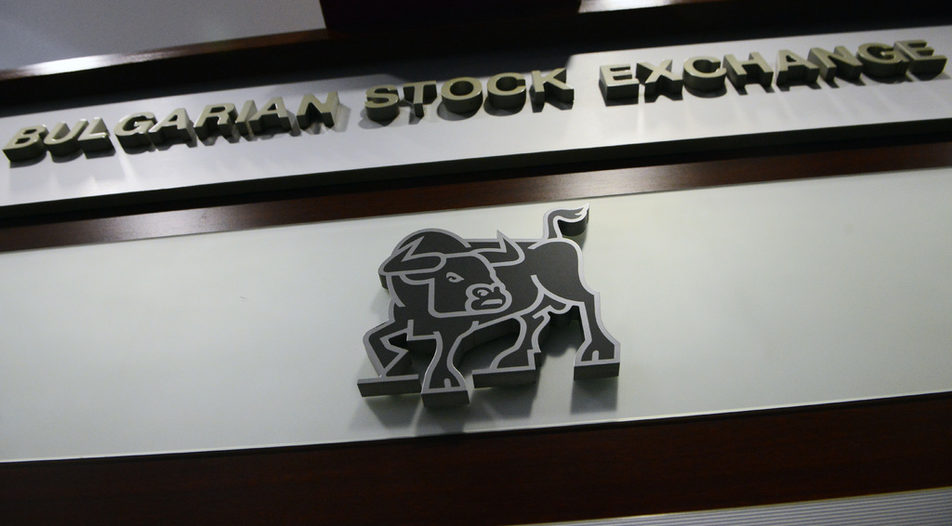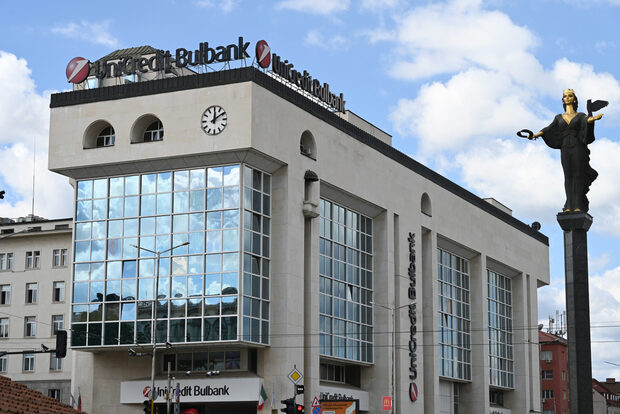The Bulgarian Stock Exchange (BSE) suffered a bruising 2020 as the coronavirus pandemic and the drop in oil prices caused by the Russia-Saudi Arabia price war created the perfect storm.
The SOFIX index, which tracks the performance of the 15 blue-chip stocks listed on the BSE, recorded a loss for a third consecutive year, erasing 21.23% of its value in 2020. The index ended at 447.53 points, registering its worst performance since 2008, when it plunged by nearly 80%.
The first coronavirus cases were detected in Bulgaria on March 8 - the day Saudi Arabia initiated the oil price war with Russia. The SOFIX reached its lowest level in 2020 on March 19, when it sank to 405.8 points. The index gained over 10% after its March 19 low, but still ended 2020 a long way off its value at the beginning of the year.
The SOFIX was the worst performing stock index on the BSE in 2020. The wider BGBX40 and BGTR30 indices saw slimmer decreases - of 9.34% and 3.31%, respectively, while the BGREIT index thrived and registered a 5.89% rise, setting multiple record-high closes along the way.
Yet a lot of the problems were not created by the virus.
FIB's hard year
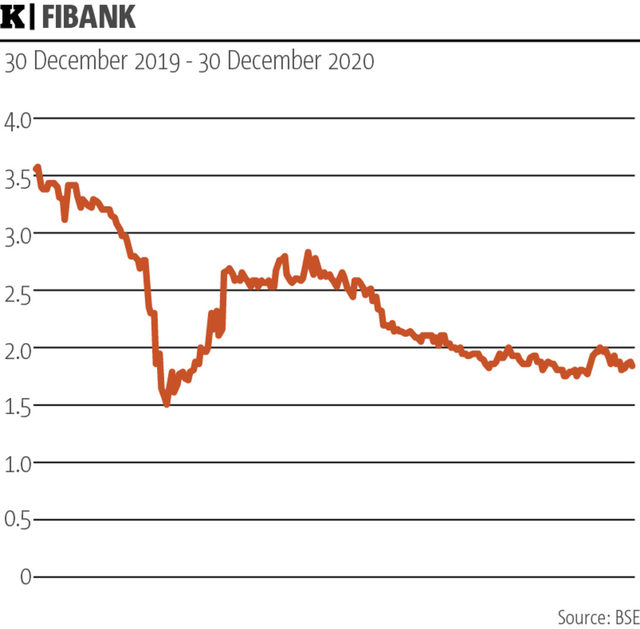
First Investment Bank (Fibank) [BUL:5F4] saw the largest share price drop among blue chips last year, of 48.3%. The lender spent much of 2020 trying to address the capital shortfall of 262.9 million euro found by the European Central Bank in 2019, which subsequently became a hurdle before Bulgaria's plans to join the Exchange Rate Mechanism (ERM) II, the obligatory two-year precursor to adopting the euro.
The last step in Fibank's recapitalization plan - a 200 million levs (102 million euro) capital increase, saw insufficient investor interest, partly due to the high price per share set by the lender. The capital increase procedure was saved by state-owned Bulgarian Development Bank, which stepped in and invested some 140 million levs, becoming the owner of 18.35% interest in Fibank. The only other investor was foreign company Valea Foundation, which acquired 7.87% interest.
Fibank's financial performance also deteriorated last year, with the company decreasing both its income from banking operations and net profit in the first nine months of 2020, according to its latest financial statement. The bank saw its consolidated nine-month profit drop by 35% to 35.9 million levs, despite slashing impairment costs by 37 million levs.
In addition, Fitch Ratings published Fibank a long-term issuer default rating of 'B' with a negative outlook last year. The rating reflected the bank's substantial asset quality pressures resulting from a high stock of impaired loans and repossessed assets, while the negative outlook was based on the downside risk to the bank's asset quality, earnings and capital from the effects of the coronavirus pandemic.
When politics affect business
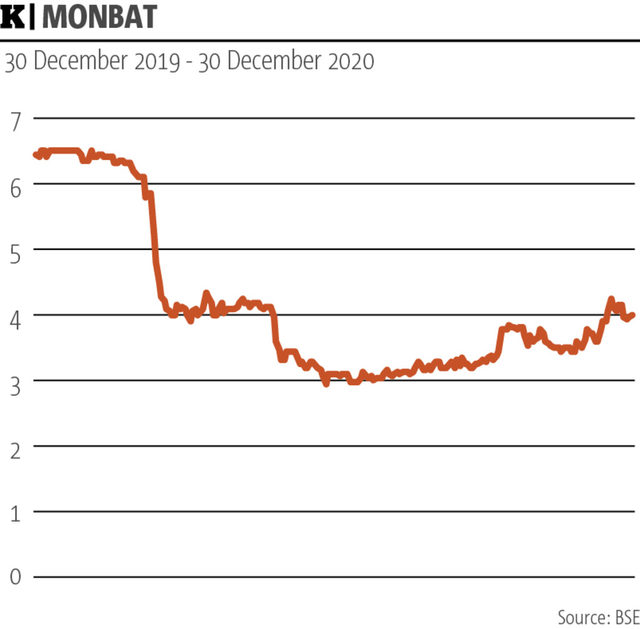
Other major losers among blue chips in 2020 included diversified group Chimimport and battery manufacturer Monbat, which lost 40.9% and 38%, respectively. Chimimport was partially hurt by its interest in flag carrier Bulgaria Air and a number of other companies in the aviation industry, which suffered one of the toughest blows from the pandemic. Meanwhile, Monbat was rocked by charges against its majority owners - Atanas Bobokov and Plamen Bobokov, over alleged crimes relating to waste imports and management.
Outside the SOFIX index, hotel operator Albena was among the major decliners, shedding 41% of its price in 2020. The pandemic led to a plunge in foreign tourist arrivals, forcing the company to keep part of its hotels closed, even when government measures allowed them to operate.
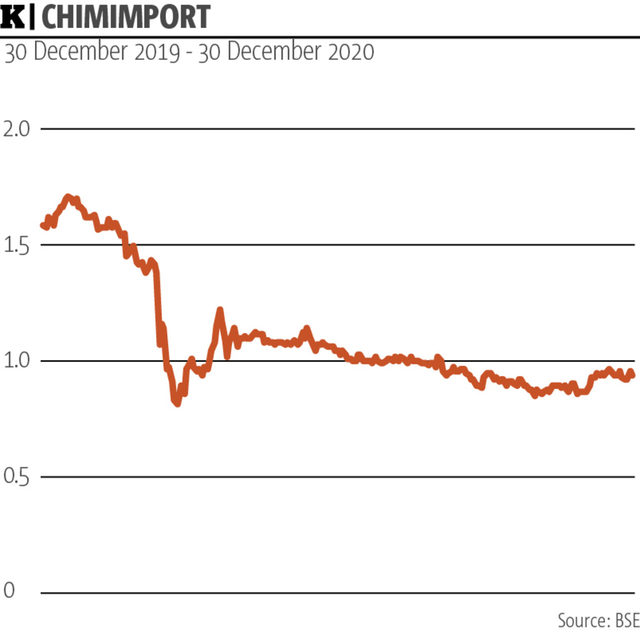
Albena decided to open only 19 of its 32 hotels for the 2020 summer season, offering 8,440 beds of total 13,716. As a result, the company reported a consolidated net loss of 6 million levs in the first three quarters of 2020, which compares to a profit of 15.4 million levs in the same period of 2019.
The bright tech spot
Despite the odds, the BSE saw some positive developments in 2020.
IoT products developer Allterco enjoyed an 80% jump in its share price on the back of a positive financial performance and increased interest from foreign investors. Allterco's nine-month net profit and revenue slightly worsened year-on-year, but the company's full-year performance is likely to improve after the company sold shares in Victory Partners VIII Norway Holding for some 5 million levs in October, and subsequently reported record-high Black Friday sales of over 7 million levs.
In addition, Allterco raised 9 million levs through a capital increase which saw high interest from investors in Italy and Germany, according to the company.
Another positive signal in 2020 was the initial public offering of Telelink Business Services Group (TBS Group). Three of the company's major investors sold roughly 8% interest in the company during the first tranche of the public offering in June, which was priced at 7.6 levs per share. A second tranche of slightly over 6% interest was placed in September, with this time investors paying 11.1 levs per share. Subsequently, the company saw its share price grow even further, closing 2020 at 12.1 levs, or a nearly 60% jump within a six-month period.
The company's offering attracted interest from 250 local and foreign investors, including UK-based Utilico Emerging Markets Trust (UEM Trust), which acquired 10% interest in TBS Group.
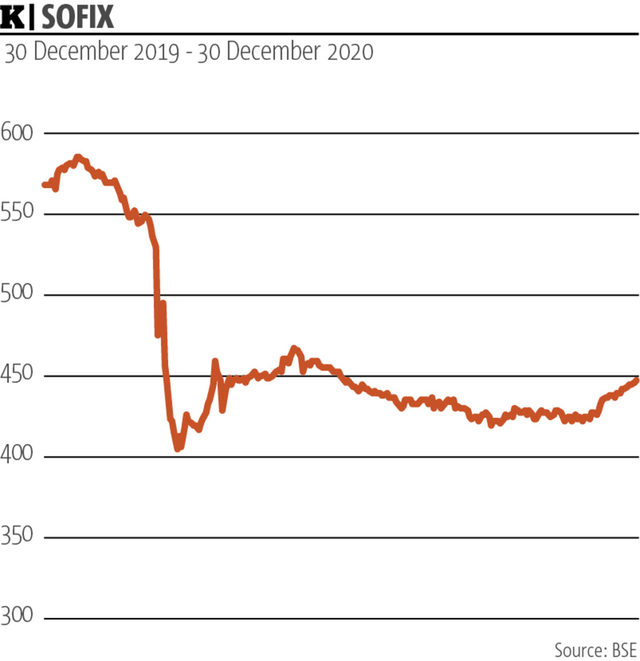
The BSE also welcomed its first venture capital company in 2020, when Eleven Capital raised 2.1 million levs in an IPO. However, shares in Eleven Capital, which acquired the portfolio of local venture capital fund Eleven, have since struggled to exceed their IPO price of 7 levs, and closed 2020 at 6.8 levs.
A better 2021
Besides the strong individual performances, 2020 also saw a rise of the real estate investment trust (REIT) segment, as investors found refuge in the guaranteed profit distribution and the relatively low effect of the pandemic on the segment.
The BGREIT was the only index on the BSE to record an increase last year. The index reached several all-time high closes throughout 2020. Six of the seven BGREIT members saw their share price rise last year, with Aktiv Properties REIT being the biggest gainer.Its share price grew by 38.7% in 2020, as the company returned to profitability and made its first dividend payout since 2012.
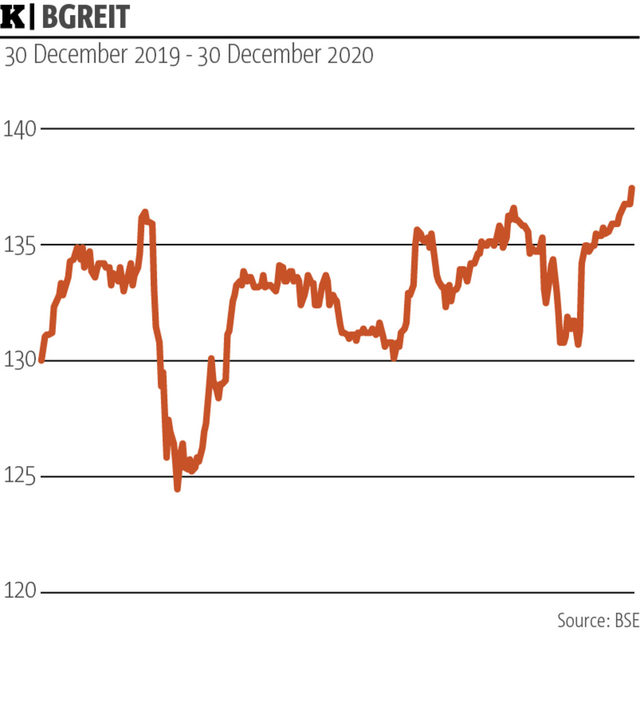
Looking ahead, investors might find reasons for optimism. The SOFIX started 2021 on a high note, adding more than 12.% by January 23.
The index was heavily supported by financial and insurance group Eurohold Bulgaria, which received in January the last needed regulatory approval to acquire the local assets of Czech energy group CEZ. Eurohold saw its share price jump 49.2% by January 23.
The BSE also welcomed the first IPO on its SME growth market BEAM, as biometric identification security solutions developer Biodit raised 1 million levs on January 21. The company's IPO was oversubscribed 2.6 times, signaling increased investor interest in the Bulgarian stock market.
TBS Group also continued its strong performance since its 2020 IPO, growing its share price by 38.8% in the January 1 - January 22 period.
Despite the strong start of the year, investors will stay wary of the development of the pandemic, as the second wave of the coronavirus severely hurt the Bulgarian economy, which led to a number of analysts lowering their projections for the country's economic recovery in 2021.
The Bulgarian Stock Exchange (BSE) suffered a bruising 2020 as the coronavirus pandemic and the drop in oil prices caused by the Russia-Saudi Arabia price war created the perfect storm.
The SOFIX index, which tracks the performance of the 15 blue-chip stocks listed on the BSE, recorded a loss for a third consecutive year, erasing 21.23% of its value in 2020. The index ended at 447.53 points, registering its worst performance since 2008, when it plunged by nearly 80%.








